Summaries of books about Philosophy:
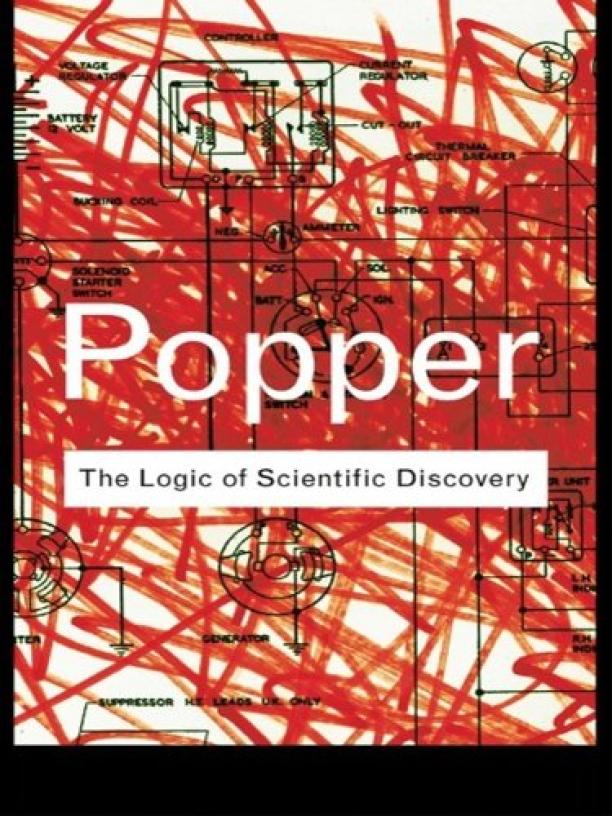
The Logic of Scientific Discovery
Karl Popper
The book introduces the philosophy of critical rationalism, emphasizing the importance of falsifiability as a criterion for distinguishing scientific theories from non-scientific ones. It critiques the traditional inductivist views of the scientific method and argues for the necessity of empirical refutation in the growth of scientific knowledge.
See full summary
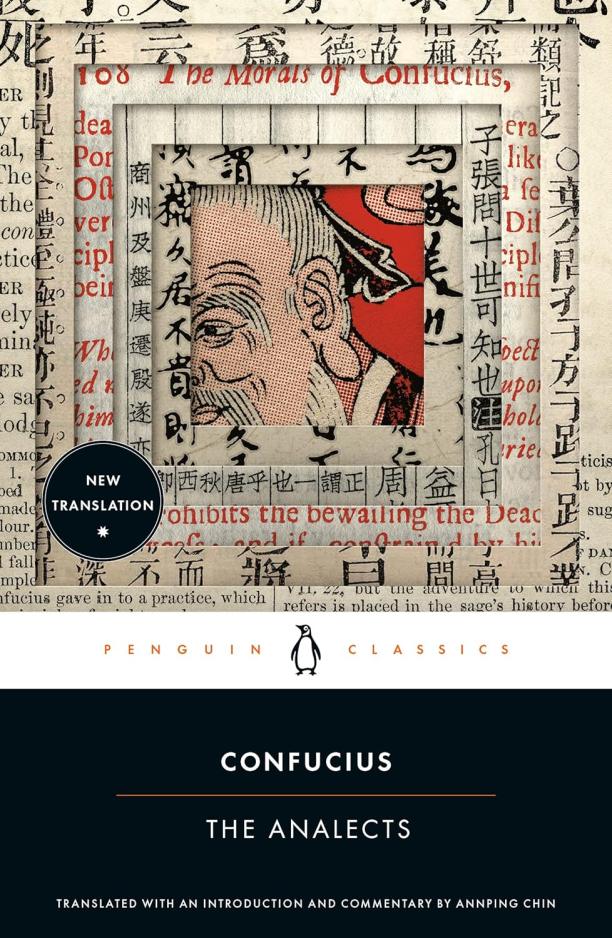
The Analects
Confucius
The book is a collection of sayings and ideas attributed to the Chinese philosopher Confucius and his disciples, discussing moral and philosophical topics such as virtue, politics, and personal conduct. It serves as a foundational text for Confucianism, reflecting on ethics, leadership, and the proper way of living in society.
See full summary
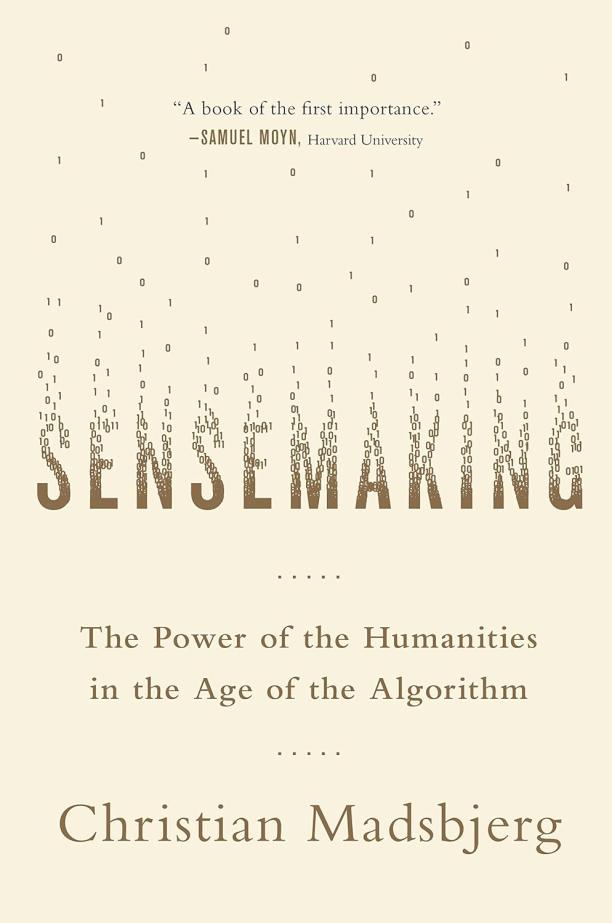
Sensemaking
The Power of the Humanities in the Age of the Algorithm
Christian Madsbjerg
The book argues for the importance of humanistic thinking and the study of humanities in understanding complex human behaviors, particularly in a world increasingly dominated by data and algorithms. It emphasizes the value of context, culture, and human experience in making sense of the world, challenging the notion that quantitative data alone can provide all the answers.
See full summary
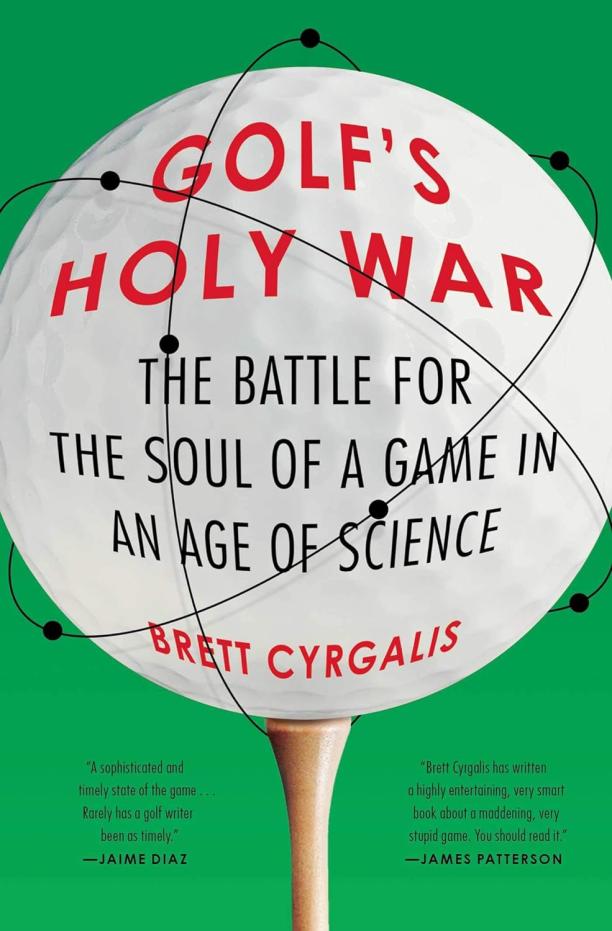
Golf's Holy War
The Battle for the Soul of a Game in an Age of Science
Brett Cyrgalis
The book explores the tension between traditional golfing techniques and the modern reliance on technology and science to enhance performance. It delves into the debate over what truly improves a golfer's game: the art of intuitive play or the data-driven approach of biomechanics and analytics.
See full summary
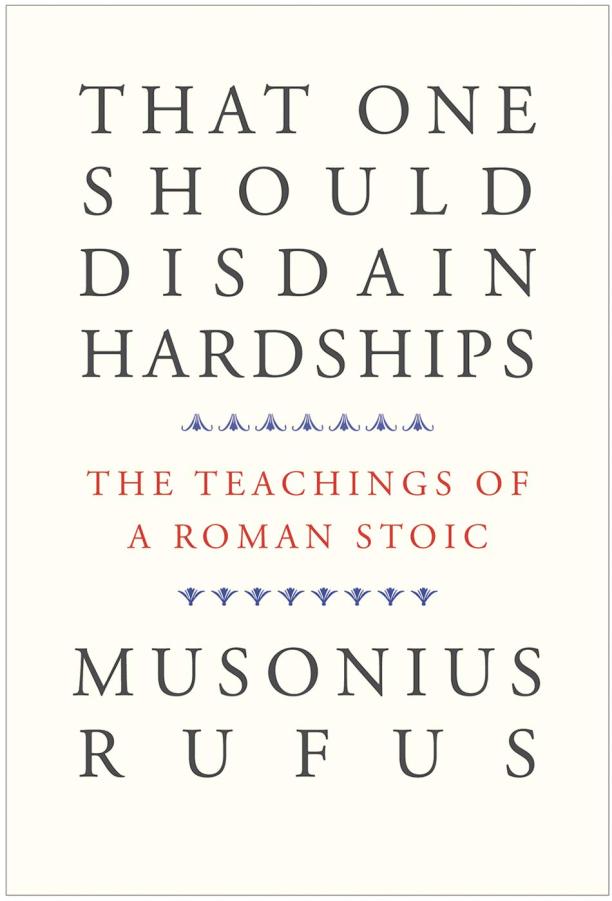
That One Should Disdain Hardships
The Teachings of a Roman Stoic
Musonius Rufus
The book presents a collection of lectures and sayings attributed to Musonius Rufus, a prominent Stoic philosopher of the 1st century AD, which emphasize the importance of living a virtuous life through practical ethics and the embrace of challenges as a means of personal growth. It offers insights into Stoic philosophy on topics such as education, marriage, household management, and the endurance of hardship, reflecting the Stoic belief in the development of character through disciplined practice and rational understanding.
See full summary
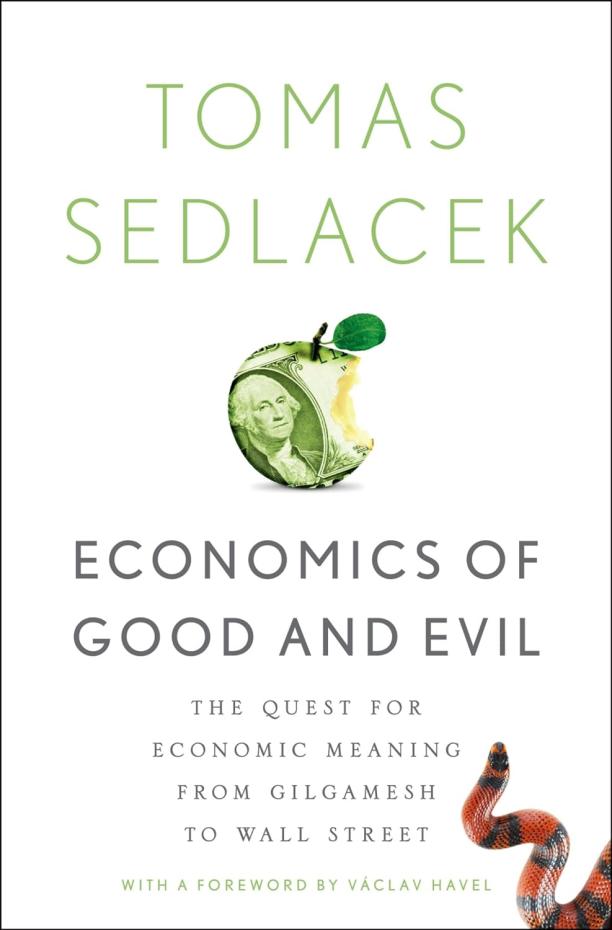
Economics of Good and Evil
The Quest for Economic Meaning from Gilgamesh to Wall Street
Tomas Sedlacek|Vaclav Havel
The book explores the historical and philosophical roots of economics, tracing its evolution from ancient myths and religions to modern-day financial systems. It challenges the conventional view of economics as a value-free science, arguing instead that it is deeply intertwined with moral philosophy and human values.
See full summary
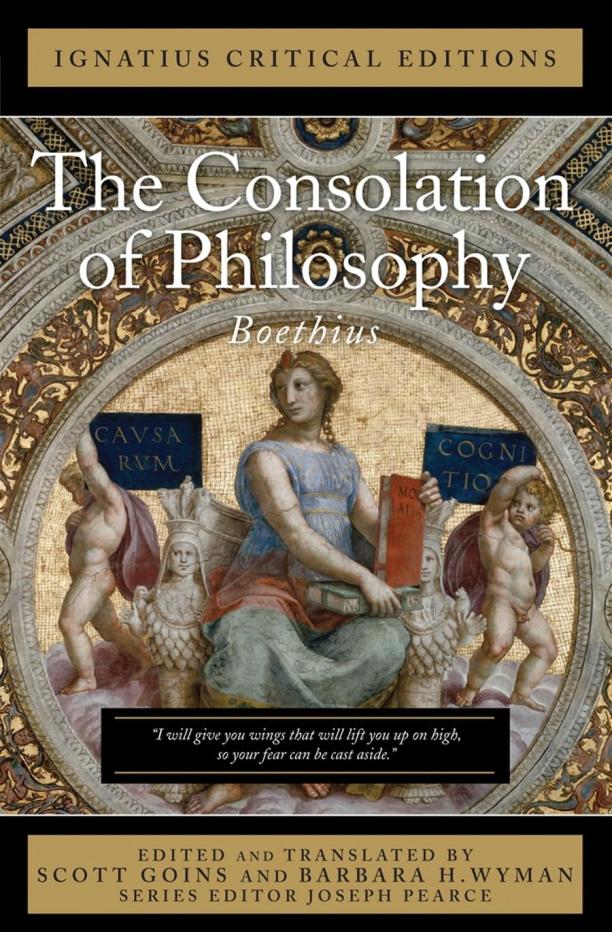
The Consolation of Philosophy
With an Introduction and Contemporary Criticism
Anicius Boethius|Scott Goins
The book presents Boethius's classic work "The Consolation of Philosophy," in which he explores themes of fortune, suffering, and happiness through a dialogue with Lady Philosophy while awaiting execution. This edition also includes modern criticism and analysis, providing contemporary perspectives on Boethius's philosophical treatise.
See full summary
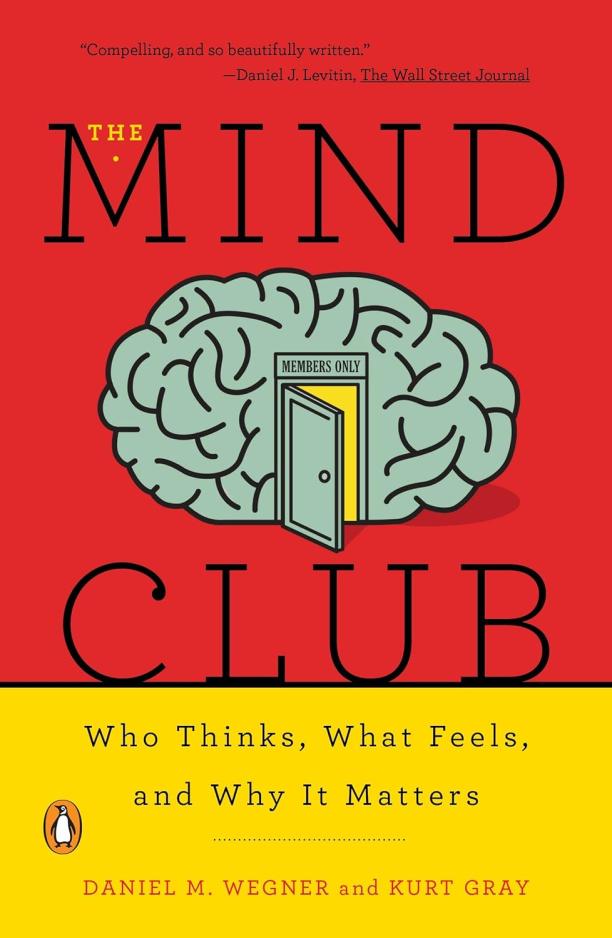
The Mind Club
Who Thinks, What Feels, and Why It Matters
Daniel M. Wegner|Kurt Gray
The book explores the concept of minds, examining how we attribute mental capacities to various entities, from animals to corporations, and how this affects our moral and social judgments. It delves into the psychology behind why we perceive certain beings as having thoughts and feelings, and the implications this has on our behavior and ethics.
See full summary
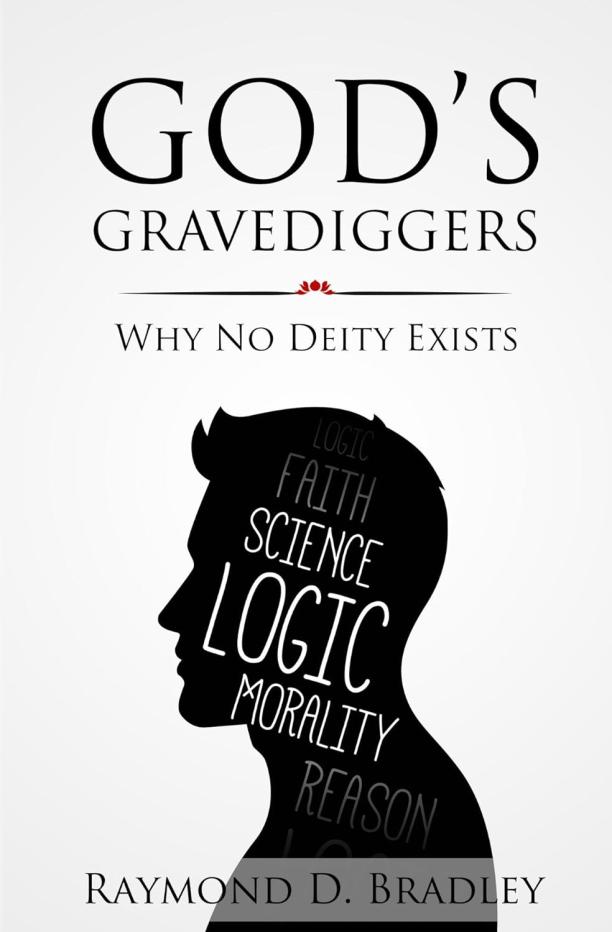
God's Gravediggers
Why no Deity Exists
Raymond Bradley
The book presents a philosophical argument against the existence of any deity, drawing on a range of disciplines including science, history, and theology. It critically examines theistic claims and traditional arguments for God's existence, aiming to demonstrate their logical inconsistencies and the improbability of a divine being.
See full summary
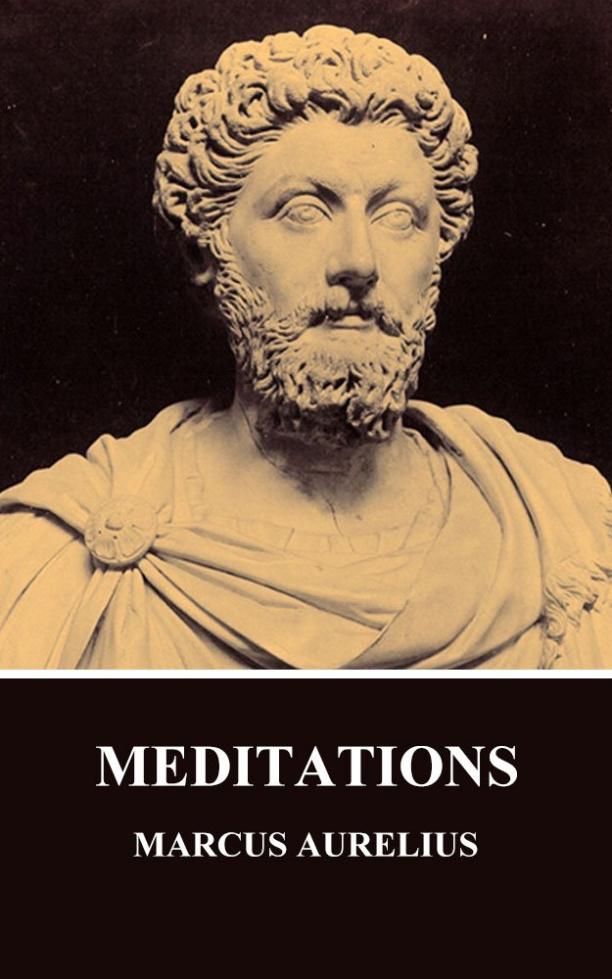
Meditations by Marcus Aurelius
Marcus Aurelius Antoninus Augustus
The book is a collection of personal writings by the Roman Emperor, reflecting on Stoic philosophy, ethics, and wisdom, offering guidance on living a virtuous life. It includes George Long's English translation of these introspective texts, accompanied by illustrations that enhance the reader's understanding and engagement with the ancient teachings.
See full summary